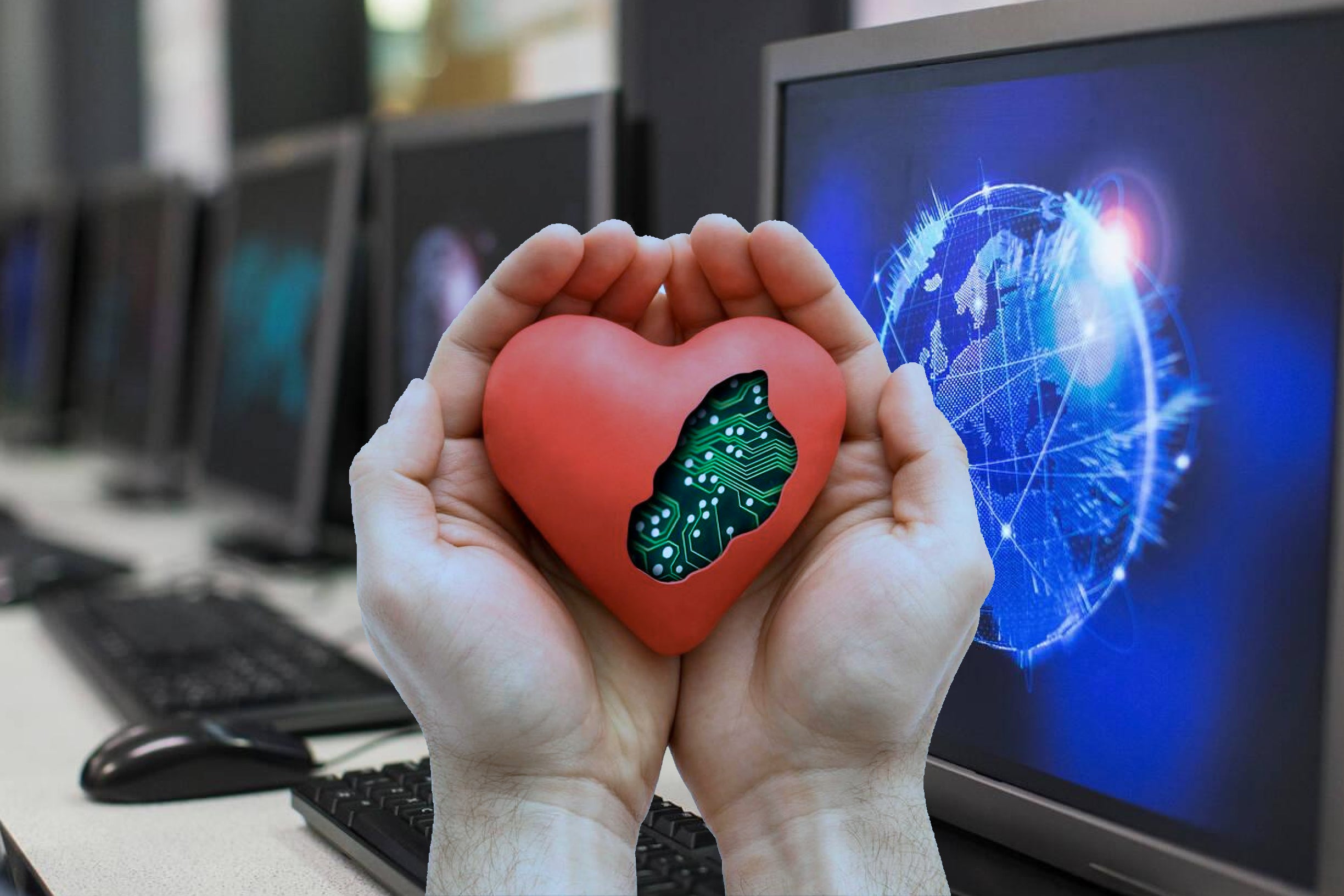Because they offer excellent graphics and engaging gaming experiences, gaming PCs have become indispensable tools for players everywhere. However, knowing how long these robust machines last is essential for players who want to maximize their investment.
In this article, we will examine the lifespans of gaming PCs. They have typical lifespans, aging symptoms, and methods to prolong their lifespans.
What Is a Gaming PC?
Let's define a gaming PC first before getting into the details. A computer made especially for playing video games is a gaming PC or gaming personal computer. Unlike regular computers, gaming PCs have robust hardware tuned for optimal gaming performance.
Understanding the Lifespan Of a Gaming PC
Gamers should be aware of a gaming PC's lifespan so they may make appropriate plans for upgrades and replacements. Without an adequate understanding of how long their PC will last, gamers risk running into unforeseen problems or falling behind in technological improvements.
Factors Affecting Lifespan
Several factors influence a gaming PC's lifespan:
Hardware Quality
- The longevity of a gaming PC determines the quality of its components.
Better-Quality Parts
- Crucial Parts: Processors, power supplies, and graphics cards are necessary for a gaming computer.
- Reliable Performance: These parts endure hard work and deliver dependable results.
- Graphics card: Top-notch graphics cards come with cutting-edge cooling systems installed to avoid overheating.
- Strong Processor: To manage complex computations and processors using robust materials and optimal architecture.
- Power supplies: They guarantee seamless functioning and provide consistent power to every component.
- Maintenance: Proper maintenance and care can further increase These components' lifespan.
Usage Patterns
A gaming PC's lifespan is also influenced by how it is used. Computers used more infrequently may sustain less wear and tear than those subjected to prolonged periods of intense gaming. Overclocking and overheating are further factors that can hasten hardware degradation.
Maintenance
Regular maintenance can only increase a gaming PC's lifespan. This includes ensuring enough airflow to prevent overheating, updating drivers and software for optimal performance, and cleaning internal components to prevent dust buildup.
Typical Lifespan
While some variables affect a gaming PC's lifespan, most have a three- to five-year lifespan. However, this lifespan may be shortened or extended based on usage habits, maintenance procedures, and component quality.
Signs of Aging
There are a few telltale indicators that a gaming PC needs maintenance or an upgrade as it becomes older:
Performance Degradation
A notable drop in performance is one of the most typical indicators that a gaming PC is getting older. Games may crash more frequently, run slower, or have frame drops as a sign that the hardware is having trouble handling demanding activities.
Physical Wear and Tear
A gaming PC nearing the end of its life may also exhibit physical wear and tear on its components. It may appear as worn-out fans, broken cables, or even apparent internal component corrosion.
The Ultimate Gaming PC Builder Guide For Mastering
Ways to Increase Lifespan
Take into account the following advice to extend the life of a gaming PC:
Frequent Cleaning
Maintain a regular cleaning schedule for the internal parts of your gaming PC to remove dust and debris that might obstruct airflow and lead to overheating.
Appropriate Airflow
To avoid overheating, ensure your gaming PC has enough ventilation. This entails placing the PC in a location with enough ventilation and, if needed, utilizing additional fans or cooling solutions.
Software Enhancement
Update your drivers, uninstall any unneeded applications, and adjust in-game settings to get the best performance out of the software on your gaming PC.
Upgrading Components
To keep your gaming PC operating correctly as it becomes older, think about replacing these parts:
The Value of Modernization
Upgrading important parts like the processor, RAM, and graphics card can greatly increase the longevity and performance of your gaming computer.
Important Elements to Update
Upgrades to components most likely to cause performance bottlenecks, such as the processor for enhanced multitasking or the graphics card for better gaming images, should be prioritized.
Prospective-Looking
When constructing or renovating a gaming PC, think about future-proofing your setup to make sure it will be used for many years to come:
Taking Future Requirements into Account
Consider how gaming technology will develop, and design your PC architecture to exploit such developments.
Compatibility Concerns
Ensure that any additional parts you buy work with the hardware you already have to avoid compatibility problems or performance snags.
Wrap Up
Making the most of your investment requires knowing how long gaming PCs last and acting proactively to extend that lifespan. By heeding the suggestions in this article, gamers can ensure their gaming PC stays strong and current for many years.
Visit Technoid for a large selection of tech products. Choose the one that best meets your demands and improves your gaming!
FAQs
How often should my gaming computer be cleaned?
Maintaining optimal efficiency and preventing dust accumulation need routine cleaning. As usage and environmental conditions change, thoroughly clean your gaming PC at least once every three to six months.
Can overclocking shorten my gaming PC's lifespan?
Indeed, overclocking can put more stress on your computer's parts and possibly reduce their lifespan. Monitoring temperatures and ensuring appropriate cooling are crucial when overclocking to reduce the possibility of damage.
What should I do if the performance of my gaming PC starts to suffer?
Try updating drivers and tweaking software settings first if your gaming PC starts to perform poorly. If the issue continues, think about replacing essential parts, such as the graphics card

 United States
United States

